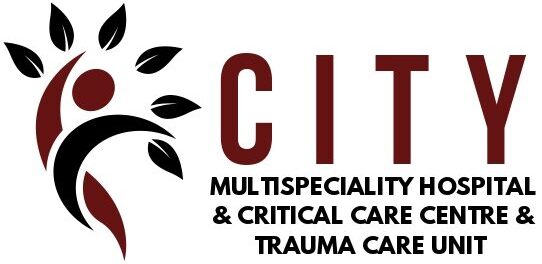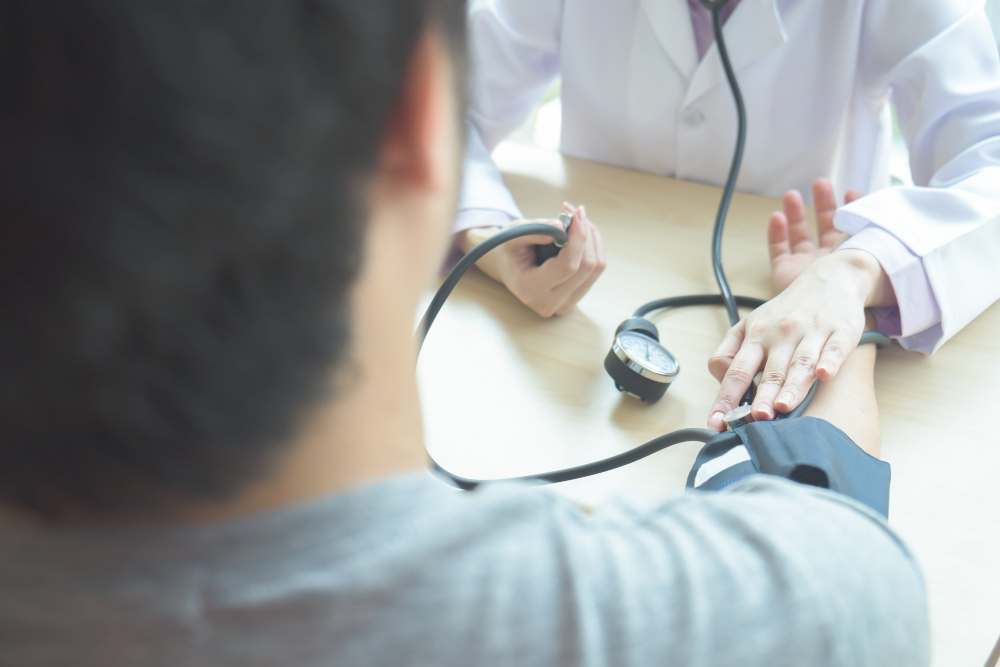What is Hypertension?
Hypertension, also known as high blood pressure, is a common health problem. It happens when the force of blood against your artery walls stays too high for a long time. In the United States, millions of adults live with hypertension. Because it often has no clear signs, many people do not know they have it. However, untreated hypertension can lead to serious health issues, such as heart disease and stroke.
Common Symptoms
Most people with hypertension do not notice any symptoms. Still, some may experience warning signs. For example, you might feel:
Although these symptoms can happen, they are not always present. Therefore, regular blood pressure checks are important.
Major Causes and Risk Factors
Many factors can lead to high blood pressure. Some you can control, while others you cannot. For instance, common causes and risk factors include:
Because some risks cannot be changed, it is important to focus on what you can control.
How Hypertension is Diagnosed
Doctors diagnose hypertension by measuring your blood pressure. Usually, they use a cuff placed around your arm. If your readings are often 130/80 mmHg or higher, you may have hypertension. Sometimes, doctors ask you to check your blood pressure at home or wear a monitor for a day. This helps them see if your blood pressure stays high over time. In addition, your doctor may order blood tests or check your heart and kidneys to rule out other problems.
Treatment Options
There are many ways to manage hypertension. Your doctor may suggest:
Because each person is different, your treatment plan may not be the same as someone else’s. Always follow your doctor’s advice for the best results.
Lifestyle Changes for Management
Making healthy choices can help control hypertension. For example, you can:
Even small changes can make a big difference over time.
Prevention Tips
Although you cannot change some risk factors, you can lower your chances of getting hypertension. Try these tips:
Because prevention is easier than treatment, start healthy habits early.
When to See a Doctor
If you notice symptoms of hypertension or have high blood pressure readings, see your doctor soon. Also, if you have a family history of high blood pressure, regular check-ups are important. Early diagnosis and treatment can help prevent serious problems, such as heart attacks or strokes.
For personalized advice on managing hypertension, consult a healthcare professional.

